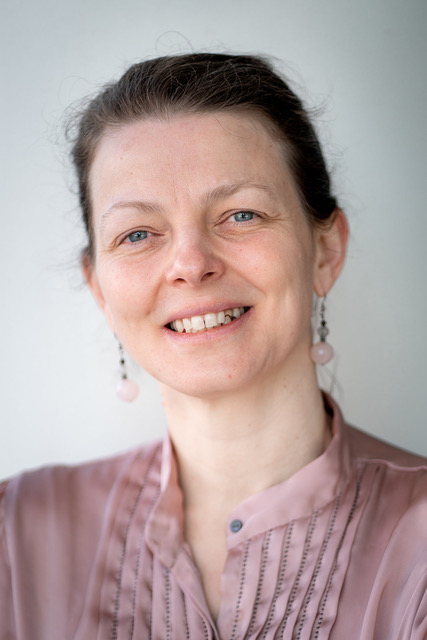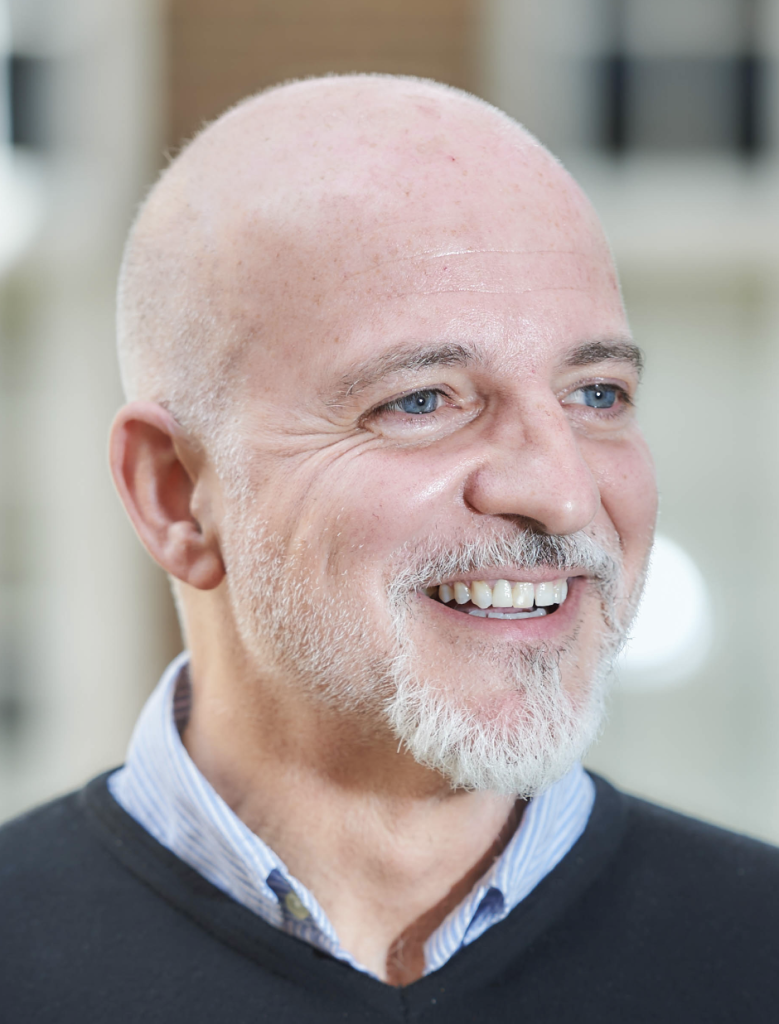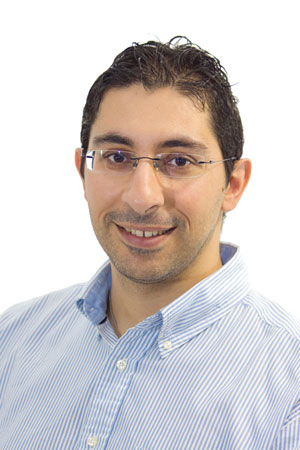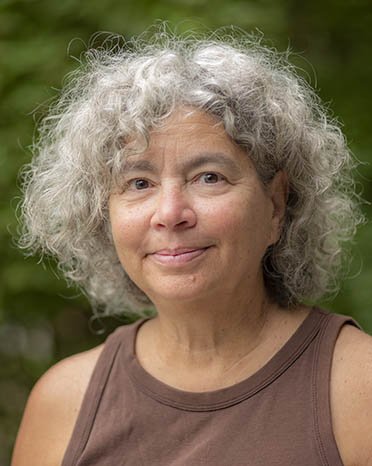CLASTA CONFERENCE 2022
Lectio Magistralis
Every year CLASTA conference schedules keynote lectures, thematic symposia and poster sessions. The 12th edition will be held on the 13th and 14th May, 2022 at the University of Florence.
The keynote lecturers of the 12th edition are Judit Gervain (Università di Padova), Roberto Filippi (University College London), George Georgiou (University of Alberta), Donna Jo Napoli (Swarthmore College, Pennsylvania, USA).
JUDIT GERVAIN

Keynote Lecture:
How early speech perception lays the foundations for language development
“The talk will outline behavioral and neuroimaging studies with newborns and young infants to explore the earliest speech perception abilities that pave the way for language development. Specifically, studied will be reported showing how prenatal experience already influences and shapes the newborn brain and newborns’ speech perception skills. Additional studies will show how early language develops during the first year of life on these perceptual foundations.”
Judit Gervain, Full Professor of Developmental Psychology at the Department of Developmental and Social Psychology, University of Padua. She obtained her PhD in Cognitive Neuroscience at SISSA Trieste. From 2009 to 2020 she was a researcher at the CNRS in Paris, France. Between 2011 and 2018 she was PI of numerous prestigious projects, the last of which was an ERC that brought her to Padua in 2020.
Her research focuses on early language perception and language acquisition in monolingual and bilingual infants with typical development, and in infants with hearing difficulties. She adopts behavioural and neuroimaging techniques to explore perceptual and language development. She was among the first researchers to examine neonatal language perception using NIRS technology, revealing the impact of prenatal experience on early perceptual abilities.
Her work has been published in leading journals such as Science Advances, Nature Communications, PNAS and Current Biology. She is the author of 78 papers, 28 chapters, has edited 7 books and translated 5, and has been invited to countless national and international conferences.
ROBERTO FILIPPI

Keynote Lecture:
Getting the message right on bilingualism and cognitive development
My research on bilingualism/multilingualism has been heavily inspired by historical debates among philosophers, linguists, psychologists and educators, where second language acquisition was considered detrimental for cognitive development. Anecdotally, I still find educators who discourage multilingual families to raise their children as multilinguals because ‘two languages in a single mind will delay their “normal” cognitive development’.
Recent and highly controversial findings have shown the opposite, arguing that multilingualism may confer cognitive advantages.
My work, in which I apply a developmental method of investigation embracing the whole lifespan to the study of multilingualism, has shown unequivocally that second language acquisition is not detrimental for cognitive and linguistic development and may be particularly beneficial within the disadvantaged populations.
These findings enable education practitioners and policy makers to make informed decisions on the importance of second language learning in childhood and lifelong education.”
GEORGE GEORGIOU

Keynote Lecture:
Cross-linguistic research in reading: Implications for assessment and intervention
“We often ask “what are the universal predictors of reading or markers of dyslexia and what are language specific?” To answer this question, one needs to perform cross-linguistic studies including orthographies from different writing systems. In this presentation, I will share some of my findings on the early predictors of reading and spelling across languages and the processes we have implemented in our schools in Alberta (Canada) to prevent reading difficulties from happening.”
DONNA JO NAPOLI

Keynote Lecture
Books for hearing and deaf children: Boxes or doors?
“What should authors for children be writing about today? Do authors have a moral obligation to present the social and political concerns of our tumultuous world in that literature? Should the topics in literature for deaf children be different from the topics in literature for hearing children? I will tackle these and other questions, honestly and boldly, based on my experience as a linguist, author, mother, grandmother, teacher. But as a sneak preview: I do not believe authors are justified or wise to use their writing as a soapbox for their politics.”
Donna Jo Napoli (Prof. of Linguistics and Social Justice, Swarthmore College, Pennsylvania, USA) is committed to promoting literacy among children, hearing and deaf. She is part of a team that advocates for the language rights of deaf children and she is co-director of RISE, a project that produces video-books to promote shared reading activities between parents and their deaf children. She writes literature for children of all ages (www.donnajonapoli.com). Since fall 2020, she has served as a writing workshop leader for a United Nations Generation Equality project run by the UN Women Europe and Central Asia Regional Office.


 CLASTA organizes every year a two-day conference (Giornate CLASTA) that gathers researchers and practitioners working within the field of language and communication development in typical and atypical populations. The Giornate CLASTA include keynote lectures, thematic symposia and poster sessions.
Since 2014, CLASTA has also been promoting a working group that includes more than 20 Associations, Organizations, and Institutions, for the implementation of a Consensus Conference on primary language impairment. The Consensus Conference is organized in collaboration with the Federation of Italian Speech and Language Therapists.
CLASTA organizes every year a two-day conference (Giornate CLASTA) that gathers researchers and practitioners working within the field of language and communication development in typical and atypical populations. The Giornate CLASTA include keynote lectures, thematic symposia and poster sessions.
Since 2014, CLASTA has also been promoting a working group that includes more than 20 Associations, Organizations, and Institutions, for the implementation of a Consensus Conference on primary language impairment. The Consensus Conference is organized in collaboration with the Federation of Italian Speech and Language Therapists.